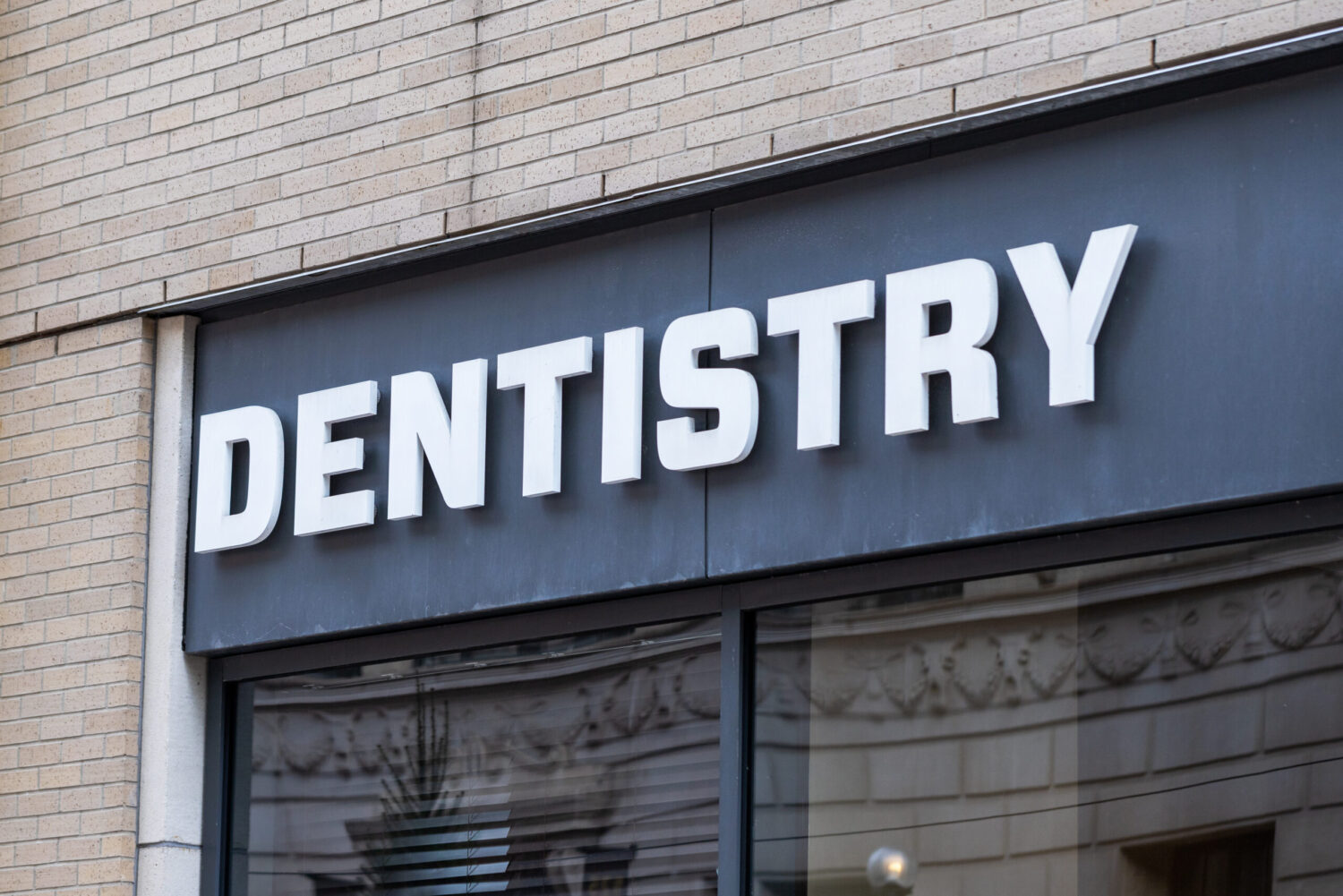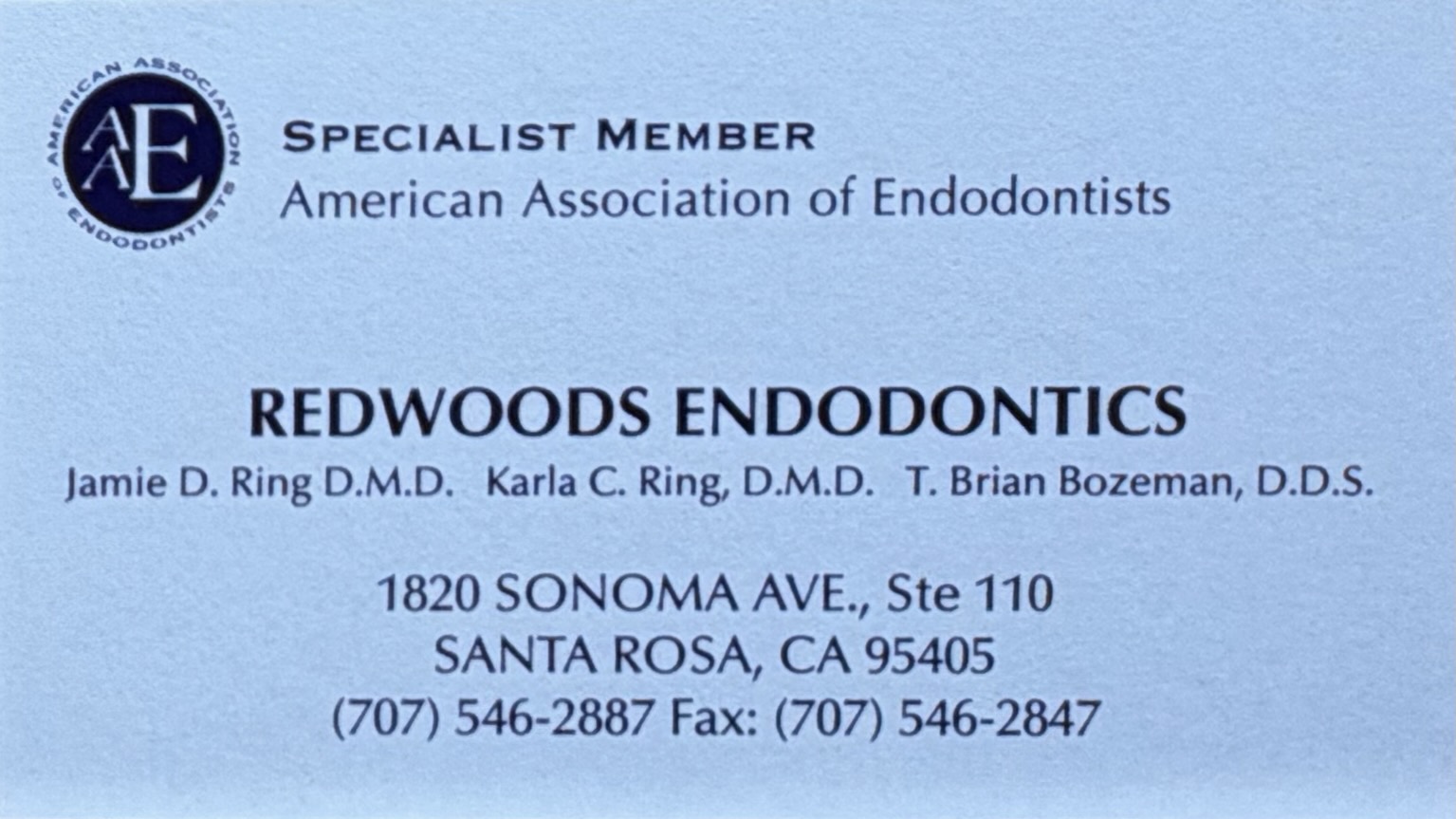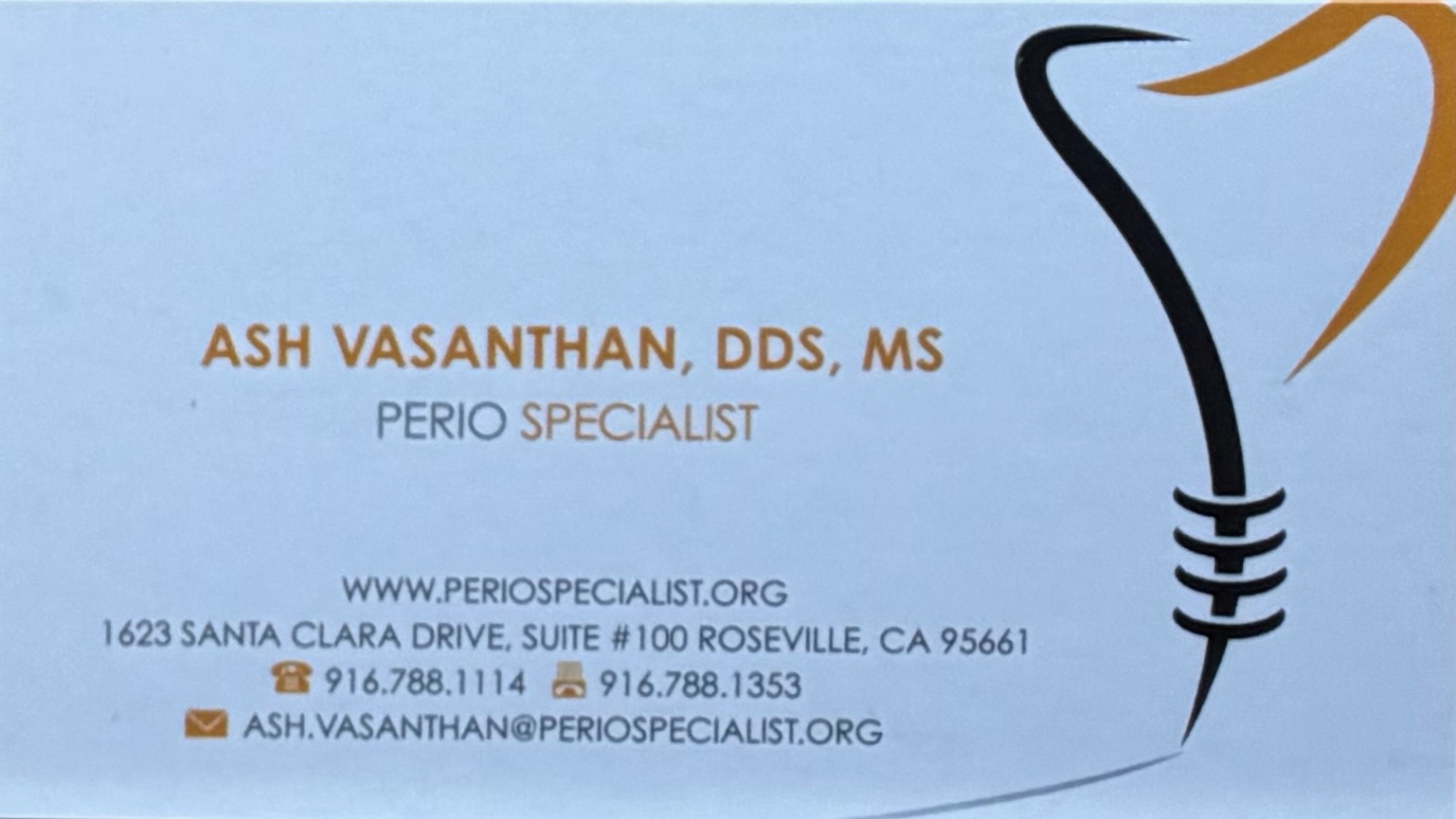However, the risk of infection is ever present, so patient safety must be a major priority for dental offices. To ensure that patients are protected from potential harm while receiving care, dental offices should strive to create safe environments by implementing various infection prevention systems and protocols.
Infection prevention involves systems and protocols that reduce the risk of infectious diseases spreading between patients, staff members, and visitors in dental offices. These measures include proper hand hygiene, regular disinfection of surfaces, use of protective equipment such as masks and gloves, and safe disposal of biohazard materials. Dental offices should also evaluate and update their safety standards yearly.
Because Dental offices are not routinely inspected or monitored by government agencies. Due to financial and staffing pressures, complaints issued by employees and patients are drastically increasing. Many dental offices are putting profits before patients and employees’ safety.
Because of the deflation of insurance reimbursements and the rising business costs, the management of dental offices is looking aggressively for ways to cut corners, increase profits and reduce expenses while creating an environment of risk to patients and employees.
Many dentists believe that the perception their office is safe, even if it is not, is good enough. Therefore the attempt to do the minimum becomes the new standard. Based on the current evidence, the profession of dentistry is moving away from safety mainly due to cost.
Fortunately, not all dentists are buying into risking patients and employees. There is a small percentage of dentists, about 2%, who believe using the oath “do No Harm” and “ethics” are much better guidelines for their business decisions.
Patient safety should be the top priority for any dental office. A comprehensive plan of infection prevention and control practice can help protect patients from acquiring an infection while receiving care. This includes following proper hand hygiene protocols, maintaining clean and well-organized treatment areas, sterilizing reusable tools, using single-use disposable items, and appropriately managing waste.
It is also important that patients are educated about your role in preventing and controlling infection. Need guidance in making your dental office safer? Please email me, at tom@tomterry.com.



